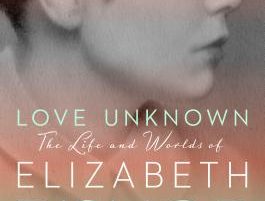
‘The Bishop’
Reading Love Unknown is like touring Bishop’s word-ridden, complex, and stirring worlds. With an atlas and a book of her poems close by, it delivers a highly satisfying ride.
More
Reading Love Unknown is like touring Bishop’s word-ridden, complex, and stirring worlds. With an atlas and a book of her poems close by, it delivers a highly satisfying ride.
More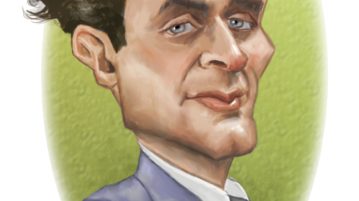
The manuscript of Poems Written Abroad was unearthed not long ago in a Midwestern university library and is printed here for the first time. It dates from the summer of 1927, when Spender was a mere eighteen years old.
More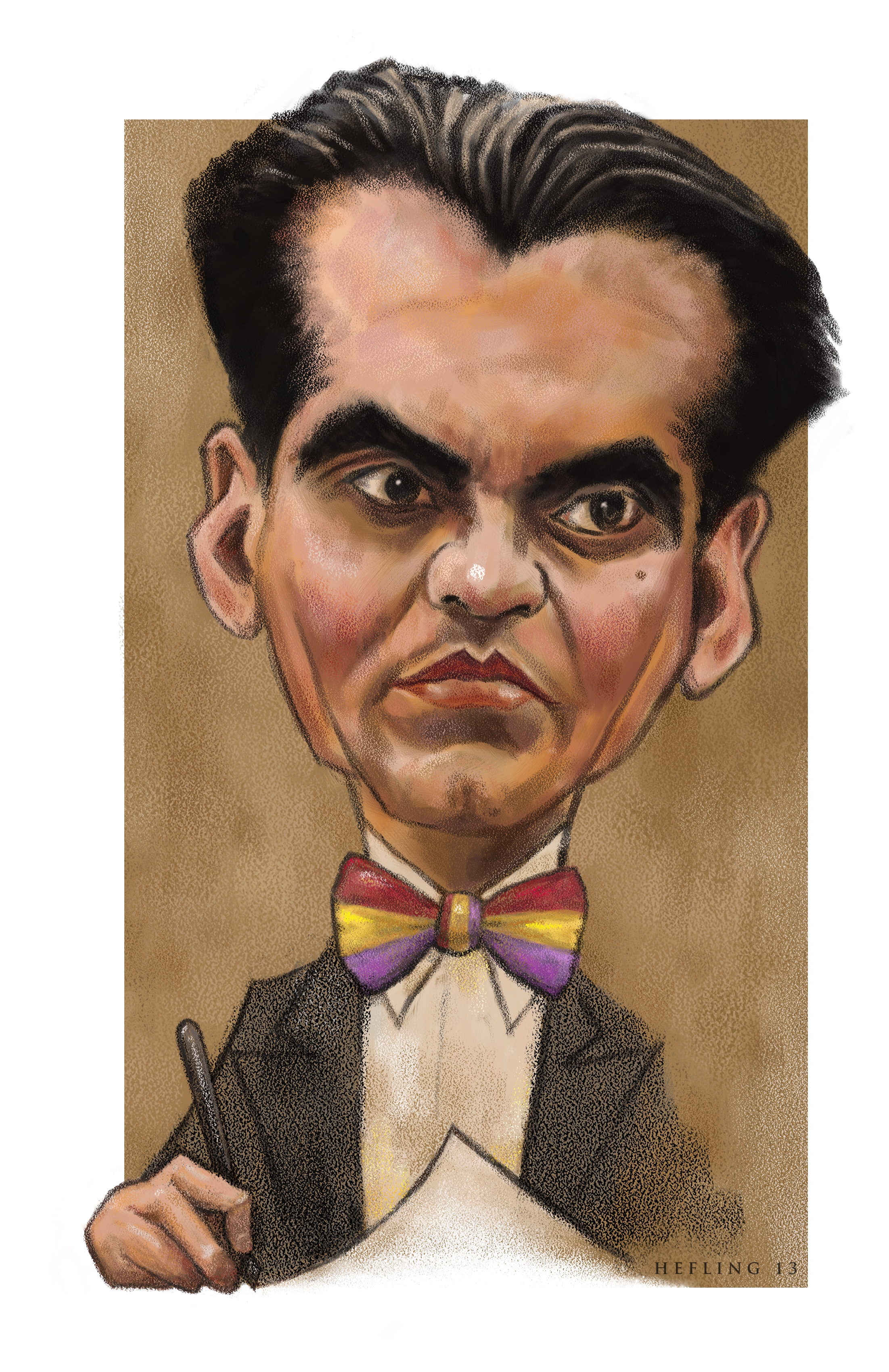
WHEN Spanish poet Federico García Lorca and American student Philip Cummings first met and became lovers in Madrid in July 1928, they had no idea that their brief liaison would evolve into an intimate relationship that spanned two continents and almost three years. Despite their disparate backgrounds and ages (Lorca was thirty, Cummings 21), they had much in common: …
More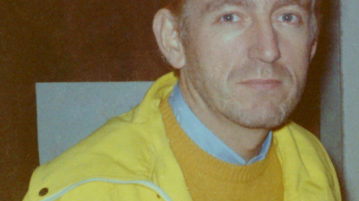
McKuen’s turning point coincided with 1967’s Summer of Love, when hippies and other nonconformists took their rebellion against conventional norms into the streets. His stance as a melancholy nonbinary romantic placed him on the more conservative end of the counterculture. It was his ability to connect with the heartaches and longings of countless “ordinary” people that put him in sync with the moment.
More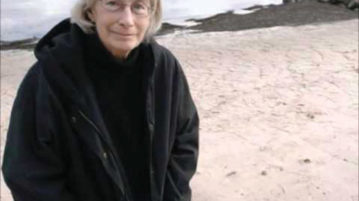
MARY OLIVER, one of the most beloved and best-selling American poets—who happened to be a lesbian—died of lymphoma in Hobe Sound, Florida on January 17, 2019 at the age of 83.
More
Camp Marmalade by Wayne Koestenbaum Nightboat Books. 409 pages, $18.95 Camp Marmalade sounds like a nice place to send gay boys for the summer, but since it…More
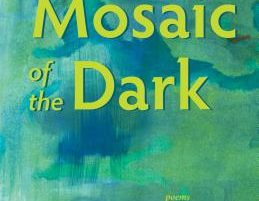
[Lisa Dordal’s] poetic tales are plainly told, but they shed light on complex experience, including enduring loss, battling depression and grief, and coming to recognize and celebrate her lesbian self. Finding strength in her voice as a poet is a pivotal discovery.
MoreAFTER DISCOVERING the writings of Boston- and San Francisco-based poet John Wieners (1939– 2002), I was left with a sense of literary regret: Where have you been all my life?
MoreAt the 1977 Boston Gay Pride march, Shively became infamous for burning pages from the Bible—as well as his Harvard diploma and a teaching contract—as a protest against oppressive institutions. This act of incendiary and effective political theater—it nearly caused a riot—later obscured his work as an organizer, scholar, poet, and publisher.
More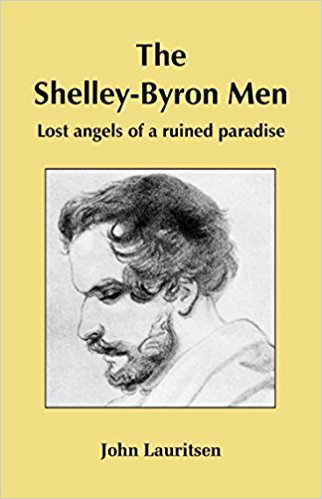
ONE STRIKING ASPECT of this book is the author’s animus toward the literary executors and biographers of the Romantic poets Shelley and Byron. John Lauritsen is correct that until the early 1980s most academics and biographers resisted acknowledging “homoeroticism in the works and lives of canonized authors.” This resistance is now more historical artifact than ongoing force. Not so for Lauritsen, …
More